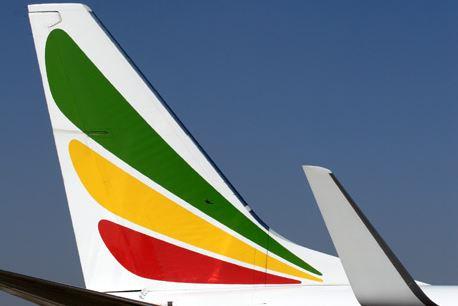Ethiopian To Add 767Fs As Boeing Predicts ‘Robust’ African Growth

Credit: Rob Finlayson
Ethiopian Airlines is taking three Boeing 767-300ER converted freighters on long-term lease from Titan Aircraft Investments, boosting the overall African fleet, which Boeing expects to grow by 1,010 new aircraft by 2040. Titan Aircraft Investments, a joint venture between Titan Aviation Holdings and...
Subscription Required
This content requires a subscription to one of the Aviation Week Intelligence Network (AWIN) bundles.
Schedule a demo today to find out how you can access this content and similar content related to your area of the global aviation industry.
Already an AWIN subscriber? Login
Did you know? Aviation Week has won top honors multiple times in the Jesse H. Neal National Business Journalism Awards, the business-to-business media equivalent of the Pulitzer Prizes.

